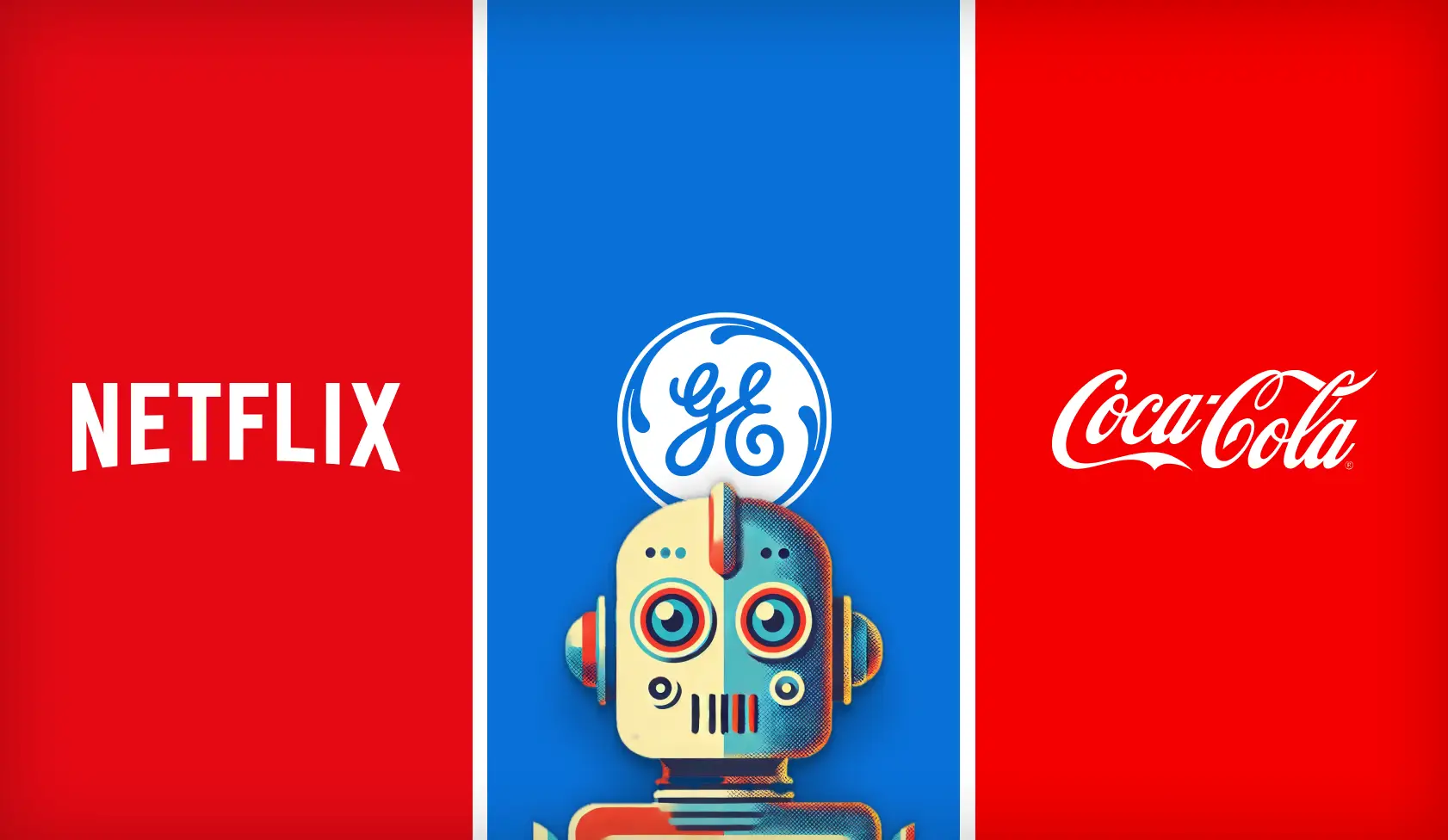← Back Insights
Leveraging AI to Transform Healthcare Delivery

The healthcare industry is at a critical inflection point. Rapid consolidation occurs as smaller providers realize they can no longer go it alone in an increasingly complex and costly environment. At the same time, the market’s demands are transforming at an unprecedented rate. To survive and thrive, all organizations must find a way to consistently deliver high-quality outcomes at scale—but how can this be achieved given the entrenched challenges of the status quo?
This article will explore how embracing proven processes and using artificial intelligence (AI) and automation can help healthcare leaders overcome their biggest obstacles and position their organizations for success in the years ahead. Providers can transform their operations, improve outcomes, and sustainably reduce costs by focusing on processes that deliver results and leveraging advanced technologies.
The Problems with the Current Approach
For too long, healthcare has relied on a reactive, localized approach rather than proactively implementing standardized best practices. Individuals are often left alone to make decisions without consistent guidance, leading to unacceptable variability in operational performance and clinical outcomes. Quality is measured through lagging indicator rates rather than proactively addressing root causes.
This status quo has severe financial and clinical consequences. The costs associated with employee turnover alone are staggering—an average of over $60,000 to replace a single nurse. When turnover occurs across entire organizations and systems, the cumulative impact on productivity and financial performance can be immense. In addition, clinical outcomes often suffer when temporary personnel without a deep connection to the organization’s culture are used to replace experienced staff.
One example of where these combined factors can have serious consequences is falls—a leading cause of injury for older adults. National data shows facilities average five falls per 1,000 patient days, resulting in approximately $68,000 in additional care per incident. Yet many organizations still have not implemented standardized fall prevention protocols based on industry best practices, instead relying on overburdened staff who, unfortunately, are more reactive than proactive to address these issues. The results are unacceptable risks to patients and unsustainable costs for providers.
Clearly, a new approach is needed. It is time for Healthcare to move beyond focusing on aspirational goals and begin aggressively implementing evidence-based processes and systems known to deliver optimal clinical outcomes at scale. Providers can achieve improved results by benchmarking excellence and continuously measuring leading quality indicators while mitigating risk, liability, and cost. This is where AI and automation can play a pivotal role.
Using AI to Standardize and Scale Best Practices
AI agents can help ensure consistent, mistake-free adherence across expanding networks when processes are well-defined and data-driven. Rather than debating best practices, organizations already agreeing on protocols can leverage intelligent systems to implement them flawlessly, regardless of location or staffing challenges.
For example, research shows the Hendrick 2 fall prevention model reduces the national average of 5 falls per 1,000 patient days down to just 0.78 when followed precisely. By automating risk assessments and mitigation protocols through AI, providers gain real-time visibility into compliance and metrics across their entire organization. Problems are identified and addressed proactively to prevent the occurrence of injury. By harnessing the power of AI, standardized fall protocols can be implemented at scale for a fraction of what it would cost using a traditional approach to staffing. Considering the $68,000 average cost per fall, even minor process improvements can create millions of dollars in direct savings. For the average 100-bed facility, preventing just three additional falls could save over $200,000 while improving patient outcomes and quality of life.
The pace of consolidation in healthcare does not look to be slowing down anytime soon. For providers looking to grow through merger, acquisition, or affiliation, AI-driven intelligent automation can play a key role in helping de-risk their transactions. Using industry best practices to optimize and automate processes across the newly combined entity instead of employing the traditional approach to integrating manual workflows can result in more efficient, consistent, and stable operations. Whether it’s employee retention, clinical operations, risk management, or leveraging healthcare data to improve care delivery, AI can help improve every aspect of an organization’s performance and impact on those they serve.
Overcoming Resistance Through Value-Driven Leadership
Even with the promise of AI’s transformational power, change is never easy—especially in healthcare, where cultures can be reluctant to embrace new methods or perceive AI as a threat rather than an enabler.
To overcome objections to implementing intelligent process automation, the emphasis must be on quality and operational metrics, not the technology itself. Demonstrating how the use of AI mitigates risk through flawless execution of agreed-upon best practices can certainly help alleviate many concerns. With the right industry messengers championing proven solutions over untested ideas and sharing success stories with their peers, even skeptics can eventually be won over, leading to broader adoption. As the numerous operational and financial benefits of implementing intelligent process automation become clear, organizations that fail to adapt run the risk of being left behind in an increasingly value-based market demanding consistent excellence.
With all the recent industry hype surrounding Artificial Intelligence, now is the time to pause and consider its true potential not as the be-all and end-all but rather as the means to an end. AI represents an unprecedented opportunity for visionary leaders willing to reframe challenges and embrace new paradigms. Used appropriately and responsibly, intelligent automation can help scale proven processes that deliver improved operational performance and clinical outcomes and allow healthcare providers to make predictable progress in an unpredictable industry.

What does Prompt Privacy Do? An overview.

AI in Action: Real-World Success Stories from Netflix, Coca-Cola, and GE
